Do you know talented academics? I do, or at least I think I do. Considering that you are reading a research blog you will presumably also have an opinion on who is, or is not, talented as an academic. Does ‘you know it when you see it’ apply to academic talent? And how can you become successful?
I could try to answer these questions myself, but considering that I have only worked as a PhD student for less than a month that might be a bit presumptuous. Instead, I will summarize a dissertation on this subject. Yes, you read that right: someone spend the first four years of her academic career to investigate what a successful academic career entails. I think that is simply brilliant, although I wonder how successful she is now.
The ‘grantballing’ effect
Research grants, such as the Veni- and Vidi-trajectory are extremely important for starting academics. Researchers who receive any type of grant early in their career are much more likely to continue to receive grants. Those who do not get such a grant typically hop from one short-term research contract to another, or stop working as an academic all-together. Obtaining a research grant does not only allow you financially to continue working as an academic, the prestige which comes with it is just as important, if not more so. It makes it easier to expand your network, which helps you to collaborate with more researchers, which leads to more publications in top journals, which leads to… more grants. Behold: the ‘grantballing’ effect. Read more







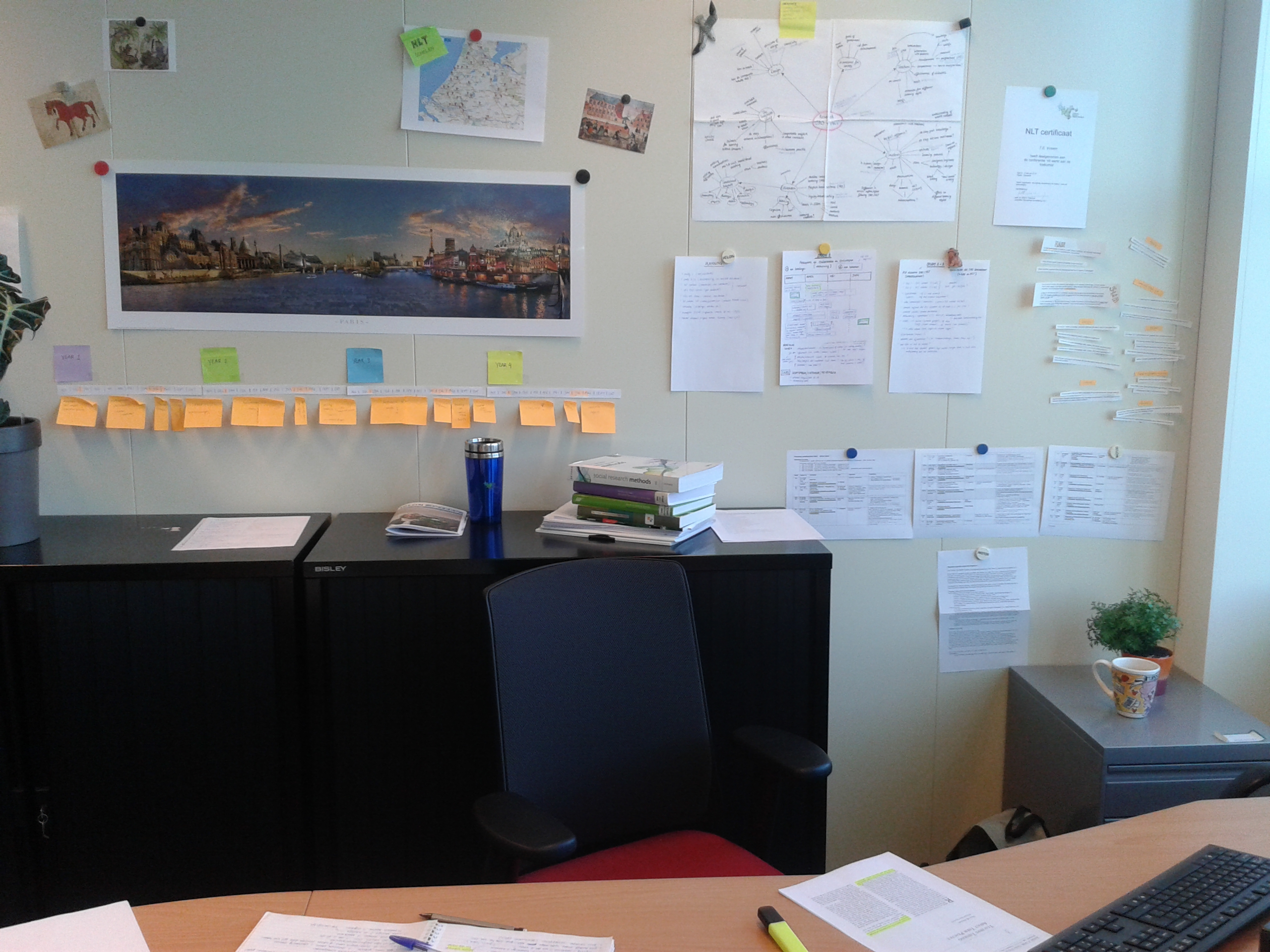
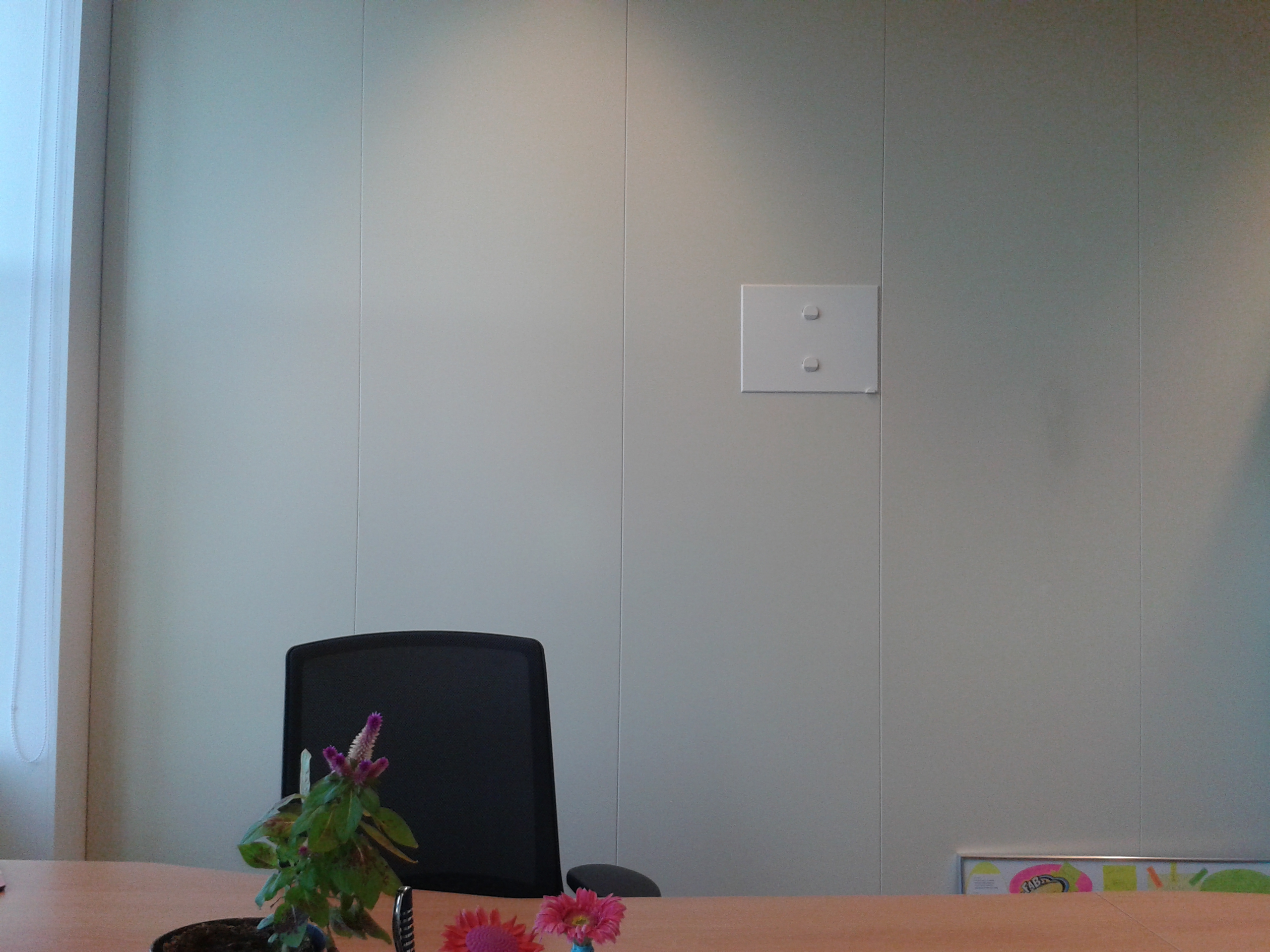
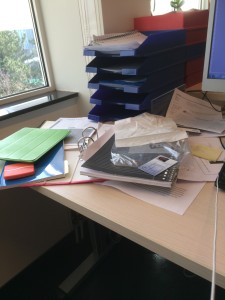

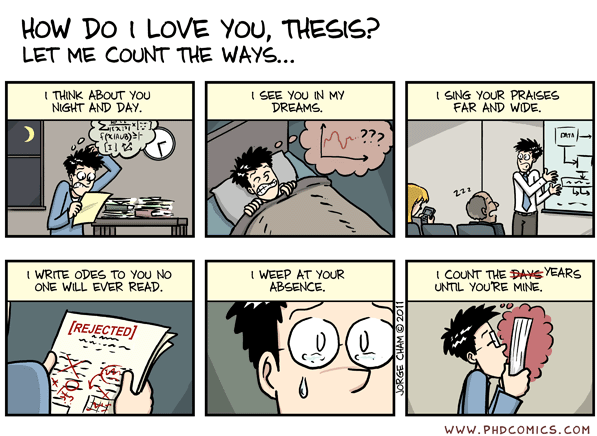
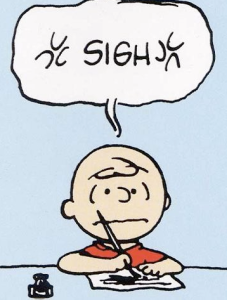

Recent Comments